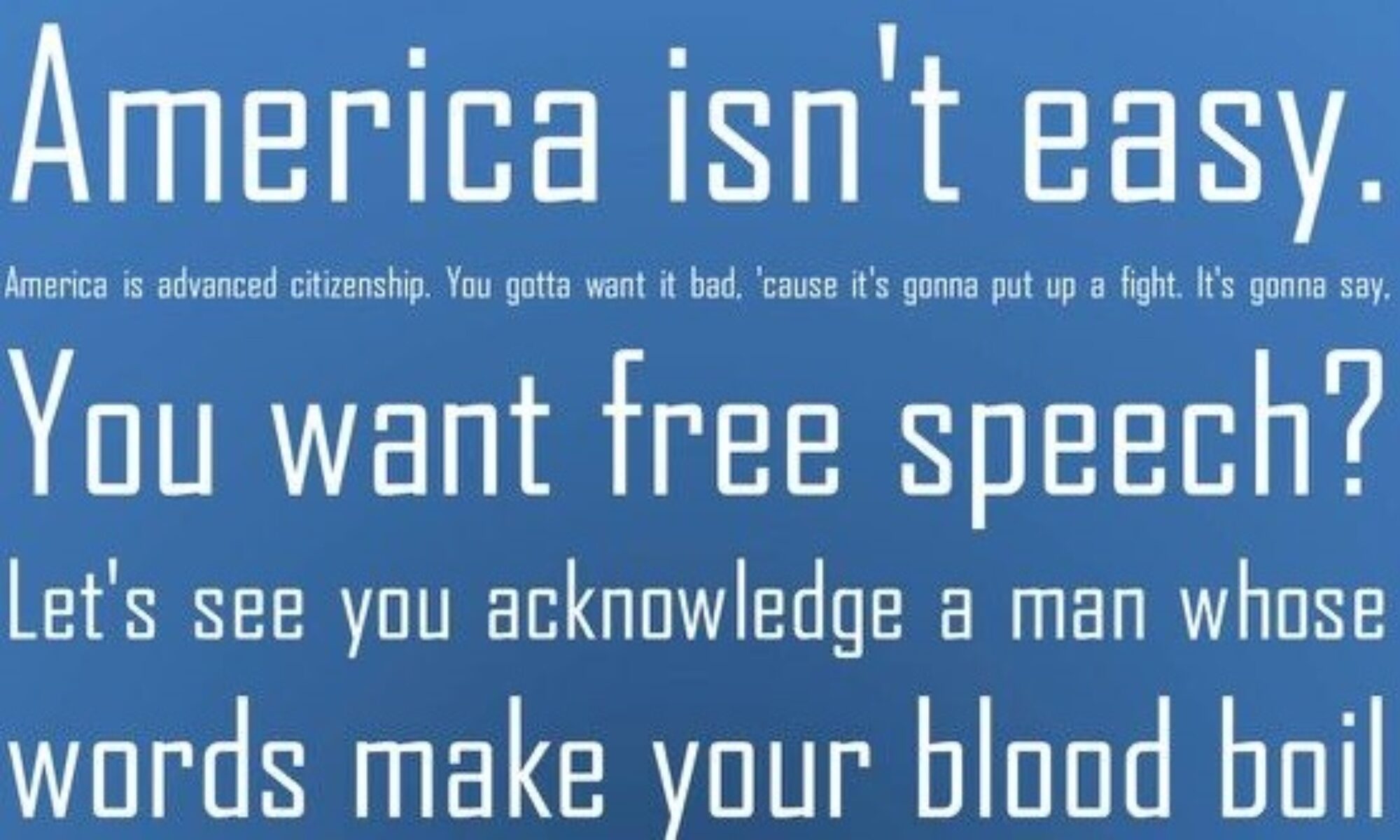We have a problem here in Vallejo, and for all my time talking, conversing and pondering I have come to a considered realization: It is nobody’s fault. That is right, it’s nobody’s fault. In this particular case we cannot even blame ourselves. To steal a line from Cool Hand Luke, “What we have here, is a failure to communicate.” (Tell me, did you use the Southern accent like I did when you read that line to yourself?) I do not blame our elected officials for reducing the amount of time, or the number of people who may speak at public meetings. I do not blame them for attempting other methods like reading previously submitted comments. And I do not find fault with the additional measures designed to silence a public speaker whose comments a Council-member might find personally offensive.
I do not find fault with staff for the way they organize and manage the agenda. I do not find fault with their desire to present information fully and professionally leading to long presentations. And I do not blame them solely for meetings that run into the wee hours of the morning.
All that being written, each of these items I mentioned presents a real and nearly insurmountable barrier for Vallejo’s citizens in our Access to Justice. Let me explain my thinking. As Robert McConnell just wrote in his Op Ed piece, the City has business to do, and in his opinion, staff should not be cancelling Council meetings. Without public meetings we have no place nor time for the public to express their opinions. All the while, decisions are still being made. By limiting the time each speaker has to comment on an Agenda item, which are often very complex and cannot be fully addressed in just 3 minutes, our Access to Justice is reduced. When the number of public speakers is limited, due to time constraints, the number of thoughtful and considered opinions is limited, our Access to Justice is reduced. By cancelling public meetings, our Access to Justice is reduced.
I asked the Mayor if he knew the reason why Council only has 2 meetings a month. He responded telling me of a decision made by the former City Manager Dan Keene, most likely in conjunction with the Mayor and Council, to reduce the number of meetings from almost every week to only twice a month. The reason given to me is that staff viewed the weekly meetings as excessive since they would need to wait, sometimes long hours, in chambers or in their offices until their item was called.
My study of Social Sciences, during the past 5 – 6 years, has lead me to understand that it is not staff’s fault for not wanting to wait long hours to speak in a meeting. Personally I do not go to Council meetings because they are so long that I cannot physically stay awake nor get enough sleep afterwards to work the next day. So by limiting the time and number of speakers, and having extremely long meetings, it seems to me that only the truly hardened will tough it out, get to the meeting early enough to sign up to speak, then wait all night to do so. And I do not blame the speakers for being frustrated and pointed with their comments after having to negotiate all of the barriers before them. I do not blame citizens who would like to make positive or centrist comments for not having the staying power, or will, to navigate this maze. And I certainly do not blame staff or Council for becoming inured to commentators who seem to constantly complain. Even the most open official, and I find that mostly all of our staff and Council-members will give me some time when I ask, is bound to be colored by apathy after only ever hearing negative feedback. We are all only human.
To close, I place blame on the way and manner we hold our public conversation. It is a system which has been handed down for hundreds of years and like most things and systems, could be made better by new, innovative and disruptive thinking. Over the next few weeks I will attempt to share some of my ideas and approaches as to ways that we can legally adjust and change the manner and methods we employ to speak to each other, in a public way.
With Gratitude,
Tommy Judt
